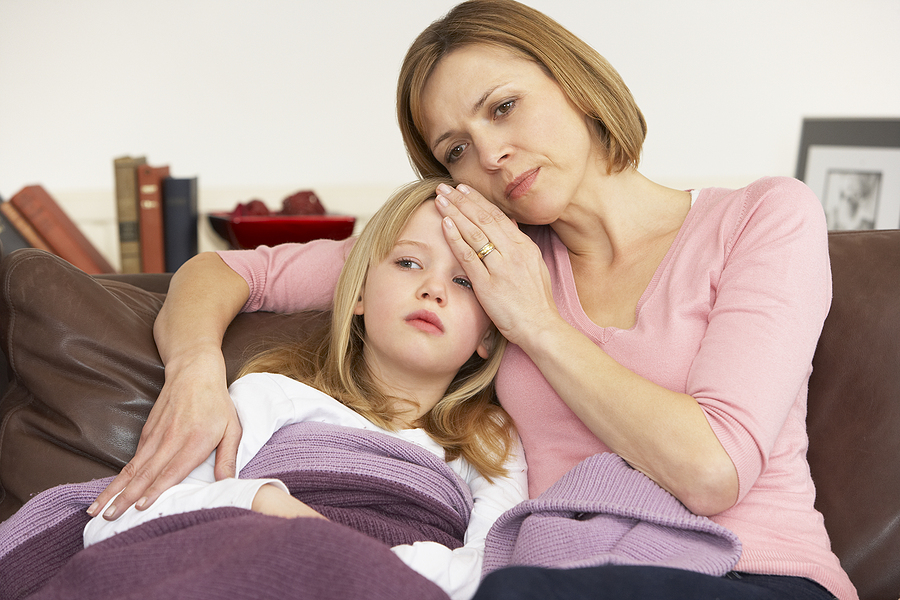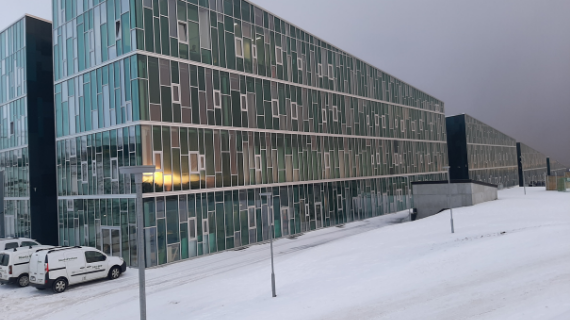Family
The Faroe Islands are considered to be a family-friendly society with a safe and peaceful environment and generous child and parental benefits and child care provision.
Spouses
The accompanying spouse or cohabiting partner of a foreign researcher with a work permit in the Faroe Islands is free to take on any job position.
Job vacancies can be found in the Employment Registry and other local job portals and newspapers. Everyone with a Faroese ID-number is also free to post his or her CV in the Employment Registry. In some cases the research institutes may assist with finding a job position for the accompanying spouse.
Another option for the accompanying spouse will be to study.

Parental leave
Mothers have the right to leave 4 weeks before childbirth and 14 weeks after birth. Fathers and co-mothers have the right to leave for 4 weeks after childbirth.
After the first 14 weeks the parents are entitled to parental allowance for 34 more weeks that they can divide between them.
Academic employees receive normal salary from their employer for a total of 28 weeks - 4 weeks before birth and 24 weeks after birth.
After 28 weeks of leave with normal salary parents are eligibile to parental allowance from the Parental Leave Fund. The allowance is based on the average salary received during the last 12 months prior to giving birth. The grant cannot exceed DKK 30,000 per month.
Student grant and salary earned in another Nordic country will count as basis for grant from the Parental Leave Fund.

Child health care
Health services during pregnancy and childbirth and health services for children up to the end of school age (16-17 years) are free of charge.

General Practitioners provide medical checks up to the age of 5 and vaccinations according to a vaccination programme.
Children’s nurses examine the children in their home regularly up to the age of 18 months. If the child or the family has special needs, the nurse´s home visits can continue up to school age.
Foreigners moving to the Faroe Islands with small children must contact the children´s nurse in order to receive home visits.
School nurses provide regular medical checks and personal interviews as well as parental guidance and information.
Day care
The municipalities provide day care for children.
Day care for children aged 0 to 3 years is provided in nurseries and day care for children aged 3 to 6 years in kindergarten. Most municipalities have preschool options for children in the year before starting school, and after school centres for school children up to 3rd degree.
Children with special needs can receive specialized pedagogical assistance in day care centres.
A fee has to be paid for attending day care centres and after school centres.
In some municipalities the fee for attending day care centres will be reduced if the family has several children in day care.
Children can be registered on a waiting list for day care one week after birth. Children who are born outside the Faroe Islands and do not have a Faroese Civil Registration Number can obtain a Registration Number and book a place at day care or after-school care if at least one of the parents has a Faroese Registration Number.

School and education
The education system in the Faroe Islands is made up of three main levels: elementary school, secondary school, and higher education.
Education is compulsory for at least 9 years, normally beginning at the age of 7.
Faroese is the language of education in all Faroese schools. Children who do not have Faroese as their first language are entitled to extra lessons in Faroese.
The evening school in Tórshavn also has a free Faroese class for children aged 8 to 16 years.
All education in the Faroe Islands is free of charge.

Fólkaskúlin is the municipal primary and lower secondary school in the Faroe Islands. Fólkaskúlin offers 9 years of compulsory basic education and an elective 10th year.
In Tórshavn municipality, there are 10 public primary and lower secondary schools, two private schools and one special education school.
Many public elementary schools also offer pre-school classes for six years old children.
Students who have completed 9th or 10th grade at lower secondary school or a foreign equivalent degree may attend one of the Faroese upper secondary schools or vocational schools for free.
There are five upper secondary schools in the Faroe Islands - in Tórshavn, Klaksvik, Kambsdalur, Vestmanna and Suðuroy.
Upper secondary school takes three years and provides access to institutions of higher education. Students can choose between a mathematical, a linguistic, a technical, a business, or a natural resources line of study.
Students with upper secondary degrees may apply to attend the University of the Faroe Islands for free or other universities abroad either for free or at a cost.
The University of the Faroe Islands has five faculties and offers a number of degree programmes.
Bachelor degrees are awarded after three years of study. Master degrees build on bachelor level qualifications and are awarded after two years of study. PhD is a three-year research degree awarded after the defence of a doctoral thesis.
